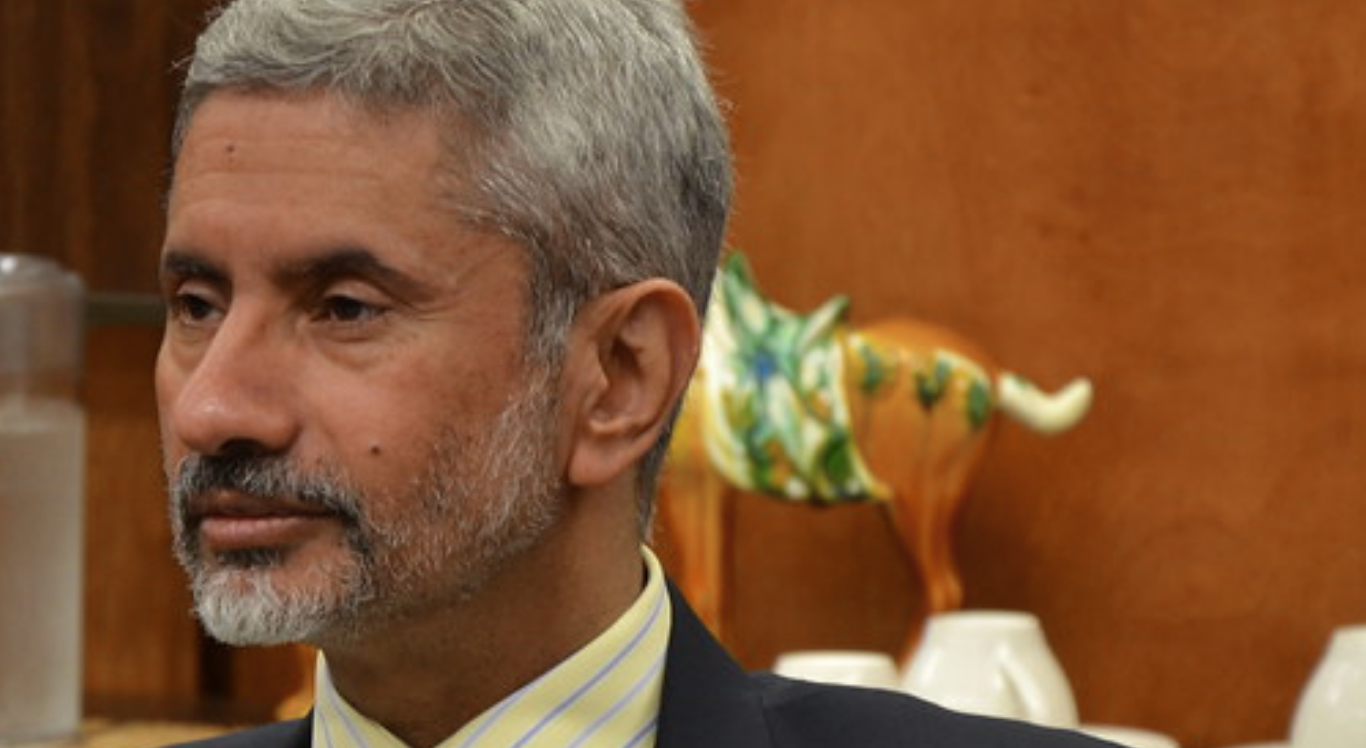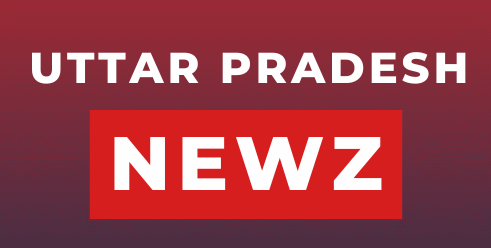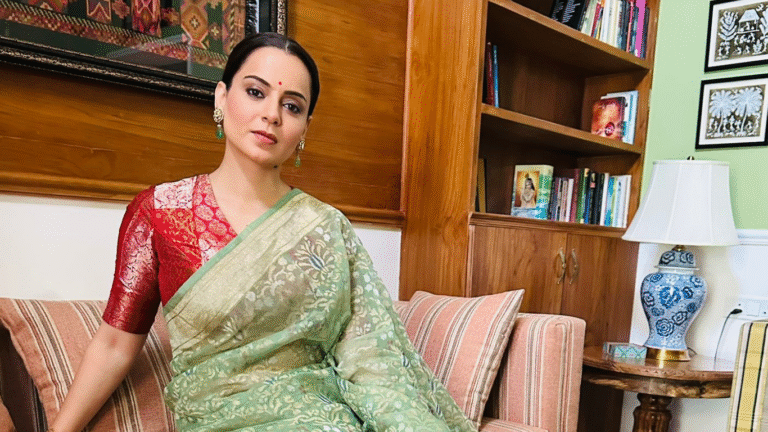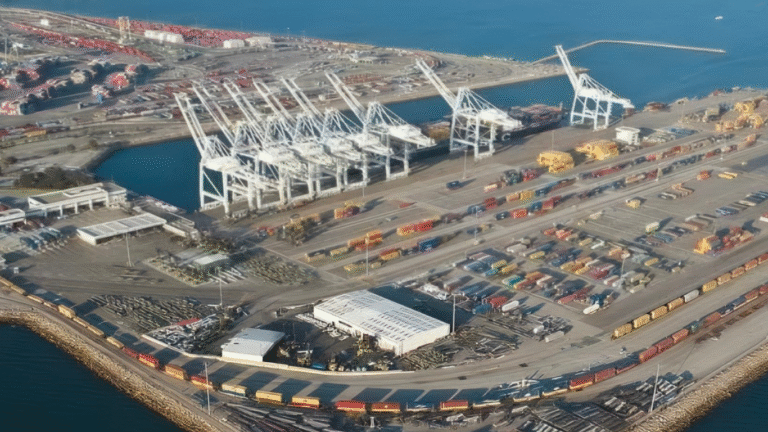
At the United Nations General Assembly (UNGA), world leaders come together each year to present their nation’s views on pressing global issues. For India, it has always been a crucial stage to highlight its stance on security, peace, and development. This year, Indian External Affairs Minister S. Jaishankar’s scathing attack on Pakistan at UNGA drew global attention. Known for his sharp and articulate style, Jaishankar used the global platform to address matters of terrorism, cross-border threats, and Pakistan’s role in destabilizing peace in the region.
His remarks were not just a rebuttal to Pakistan’s repeated attempts to internationalize issues related to Kashmir but also a reminder of India’s growing confidence on the world stage. By directly addressing Pakistan’s double standards on terrorism, Jaishankar sent a clear message that India would no longer remain silent when its national integrity was questioned. Instead of allowing misinformation to take root, he chose to confront the matter head-on in front of the global community.
This bold diplomatic move showcased India’s proactive foreign policy under his leadership. The scathing attack on Pakistan at UNGA was not an isolated comment, but part of a broader strategy to highlight how terrorism continues to threaten global peace and stability. In doing so, Jaishankar effectively placed Pakistan’s actions under international scrutiny, ensuring that the issue was not ignored or sidelined.
Key Highlights of Jaishankar’s Speech
The scathing attack on Pakistan at UNGA was marked by several sharp statements that resonated strongly with the international audience. One of the central themes of Jaishankar’s speech was the issue of cross-border terrorism. He emphasized that while Pakistan often projects itself as a victim of terrorism, it has long been a sponsor of the same, creating instability not only in South Asia but also contributing to global insecurity.
Jaishankar also drew attention to Pakistan’s repeated attempts to misuse the UN platform by raising Kashmir, an issue India firmly maintains is an internal matter. With his characteristic clarity, he dismissed these attempts as baseless distractions, stressing that such rhetoric was a cover for Pakistan’s own failures in governance and development.
Another important highlight was his reference to the global fight against terrorism. He reminded the world that selective approaches to dealing with terrorism are dangerous and counterproductive. Without naming countries directly, he made it clear that Pakistan’s credibility was questionable because of its track record of sheltering and supporting terrorist groups.
Jaishankar’s remarks also reinforced India’s position as a responsible global power. While he was firm in his criticism, he also called for collective action against terror networks and for strengthening multilateralism. This balance between sharp criticism and constructive suggestions is what gave weight to his scathing attack on Pakistan at UNGA.
Global Reaction to Jaishankar’s Scathing Attack on Pakistan
The world community took note of Jaishankar’s scathing attack on Pakistan at UNGA, and reactions came from various quarters. Many countries that have been victims of terrorism themselves expressed quiet support for India’s position. By openly calling out Pakistan, Jaishankar gave voice to concerns that several nations share but often avoid stating explicitly.
International analysts observed that Jaishankar’s remarks were reflective of India’s growing confidence in diplomacy. They pointed out that India, with its economic rise and strategic partnerships, is no longer hesitant to speak firmly on sensitive matters. His speech also resonated with diaspora communities, who saw it as a strong defense of India’s global image and sovereignty.
However, as expected, Pakistan rejected the accusations, sticking to its usual narrative. Despite this, the global media widely reported Jaishankar’s remarks, framing them as a reality check for Pakistan. Commentators noted that India’s straightforward approach made it harder for Pakistan to shift the narrative, as the accusations were backed by years of evidence regarding terror networks operating from its soil.
Beyond South Asia, the speech also struck a chord with Western nations. Many of them have experienced terror threats and understood the seriousness of Jaishankar’s warnings about selective approaches to terrorism. His remarks positioned India as a country willing to lead in global security conversations, further strengthening its diplomatic standing.
The Larger Implications for India-Pakistan Relations
The scathing attack on Pakistan at UNGA is bound to have a lasting impact on India-Pakistan relations. While ties between the two nations have been strained for decades, Jaishankar’s firm stance indicated that India would not allow Pakistan’s attempts at misinformation to go unchallenged on international platforms.
For Pakistan, this meant increased diplomatic pressure. Each time India highlights terrorism at global forums, Pakistan’s credibility takes a hit. This not only affects its relations with other countries but also limits its ability to gain international sympathy for its narratives. The UNGA speech thus reinforced India’s diplomatic strategy of exposing Pakistan’s actions in front of the world.
For India, the speech served multiple purposes. Domestically, it showed the government’s strong defense of national interests, which resonated with citizens who expect assertiveness in foreign policy. Internationally, it projected India as a decisive and responsible nation, capable of balancing criticism with constructive solutions.
In the long run, Jaishankar’s remarks will likely influence how other nations engage with both India and Pakistan. By repeatedly highlighting terrorism, India ensures that global actors cannot ignore or sideline the issue. The scathing attack on Pakistan at UNGA was not just about one speech—it was about shaping the global narrative in India’s favor.
FAQs on Jaishankar’s Scathing Attack on Pakistan at UNGA
Q1. What did Jaishankar say about Pakistan at UNGA?
He accused Pakistan of being a sponsor of terrorism and criticized its attempts to misuse the UN platform for propaganda against India.
Q2. Why did Jaishankar’s remarks gain so much attention?
Because of their direct and bold nature, highlighting terrorism as a global concern and calling out Pakistan’s double standards.
Q3. How did Pakistan respond?
Pakistan rejected the accusations, but international media and analysts widely reported Jaishankar’s remarks as a strong rebuttal.
Q4. What impact does this have on India-Pakistan relations?
It adds to the tension but also strengthens India’s position globally by keeping the focus on Pakistan’s role in terrorism.
Q5. Why is UNGA important for India’s diplomacy?
It is one of the most influential global stages, allowing India to present its views directly to the international community.



